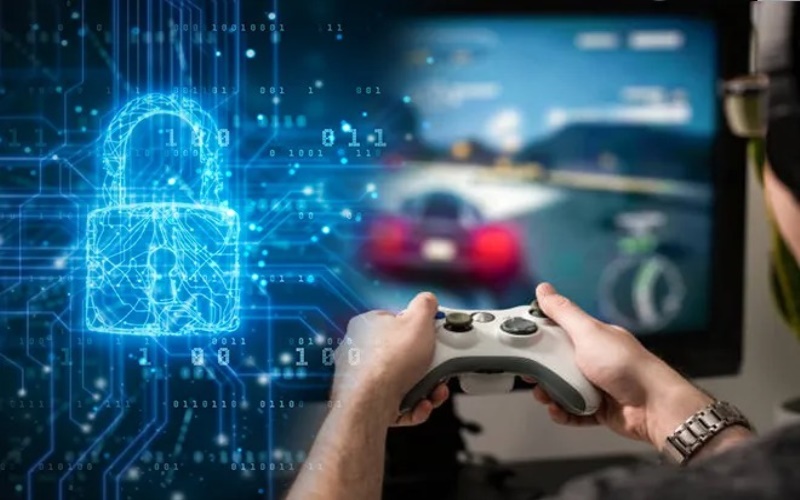Online toto hk, once viewed primarily as entertainment, is increasingly recognized for its potential as a powerful educational tool. Through engaging gameplay, interactive simulations, and collaborative environments, online gaming offers unique opportunities for learning and skill development across various subjects and disciplines. This article explores the role of online gaming in education, highlighting how games can facilitate learning, enhance critical thinking, and foster creativity among students of all ages.
1. Engagement and Motivation
Learning Through Play
Online games captivate students’ attention through interactive and immersive experiences. Unlike traditional learning methods, which may struggle to maintain engagement, games inherently motivate players to solve problems, strategize, and achieve goals within the virtual world.
Personalized Learning Experiences
Games often adapt to individual progress and learning styles, offering personalized challenges and feedback. This adaptability allows students to learn at their own pace, reinforcing concepts through repeated practice and experimentation.
2. Skill Development
Cognitive Skills
Many online games require critical thinking, problem-solving, and decision-making skills to navigate challenges and achieve objectives. Players must analyze situations, evaluate options, and adapt strategies based on feedback—a process that strengthens cognitive abilities.
Collaboration and Communication
Multiplayer online games encourage teamwork and communication among players. Whether coordinating strategies in a battle or collaborating on complex tasks, students develop interpersonal skills, leadership qualities, and the ability to work effectively in diverse teams.
3. Subject-Specific Learning
STEM Education
Games focused on Science, Technology, Engineering, and Mathematics (STEM) introduce concepts through interactive simulations and puzzles. Examples include Minecraft for architecture and engineering principles or Kerbal Space Program for physics and space exploration.
Language Learning
Language-based situs toto immerse students in foreign languages through interactive dialogues, vocabulary building exercises, and cultural contexts. Games like Duolingo and Rosetta Stone offer gamified approaches to language acquisition, making learning enjoyable and accessible.
4. Creativity and Innovation
Game Design and Modding
Some online games empower students to become creators themselves through game design and modding (modification). Platforms like Roblox and Scratch enable users to design games, create interactive stories, and explore coding principles—a hands-on approach to learning computational thinking and creativity.
Art and Design
Games with creative modes or sandbox environments, such as Fortnite’s Creative mode or The Sims series, encourage artistic expression, architectural design, and storytelling. These platforms foster imagination and allow students to explore digital artistry in a supportive and interactive context.
5. Assessment and Feedback
Formative Assessment
Games provide immediate feedback on performance, allowing students to learn from mistakes and refine strategies in real-time. This formative assessment approach promotes continuous improvement and encourages iterative learning.
Analytics and Progress Tracking
Educational games often incorporate analytics tools that track student progress and identify areas for improvement. Educators can use data insights to personalize instruction, monitor learning outcomes, and adapt teaching strategies accordingly.
6. Challenges and Considerations
Screen Time and Balance
Balancing screen time and offline activities is crucial to maintaining overall well-being and preventing digital fatigue among students. Educators and parents should establish healthy guidelines for gaming use and encourage a balanced lifestyle.
Equity and Access
Ensuring equitable access to educational games and technology is essential. Schools and institutions play a vital role in providing access to devices, reliable internet connectivity, and educational software to all students, regardless of socioeconomic background.
Conclusion: Harnessing the Power of Online Gaming in Education
Online gaming represents a dynamic and evolving frontier in education, offering engaging and effective learning experiences across diverse subjects and skills. By integrating games into educational practices, educators can harness the intrinsic motivation of play to enhance learning outcomes, foster creativity, and prepare students for the challenges of the future. As technology continues to advance, the role of online gaming in education will likely expand, providing new opportunities for innovative teaching and learning methods that inspire and empower the next generation of learners.

